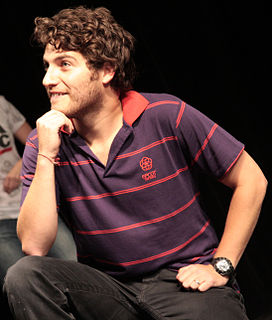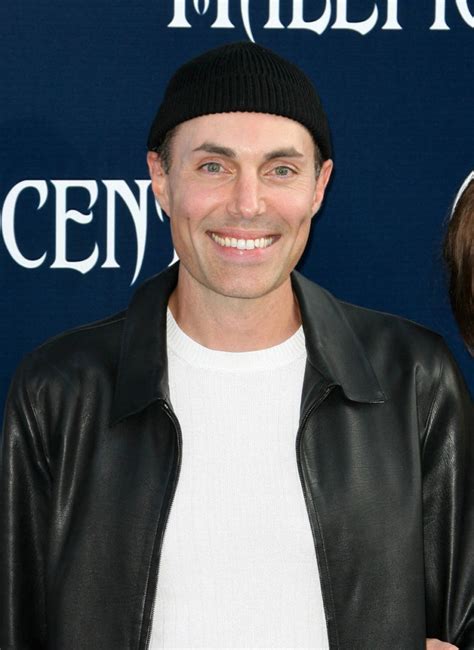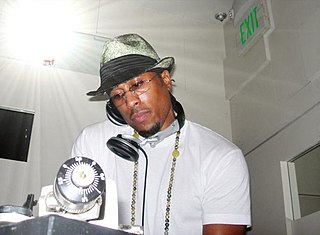A Quote by David Caruso
Related Quotes
True doctrine, understood, changes attitudes and behavior. The study of the doctrines of the gospel will improve behavior quicker than a study of behavior will improve behavior. Preoccupation with unworthy behavior can lead to unworthy behavior. That is why we stress so forcefully the study of the doctrines of the gospel.
Often I have heard the taunt that suffragists are women who have failed to find any normal outlet for their emotions, and are therefore soured and disappointed beings. This is probably not true of any suffragist, and it is most certainly not true of me. My home life and relations have been as nearly ideal as possible in this imperfect world.
Lore is my favorite kind of story. Because it's not only historical, it's a lie everyone knows is a lie but tells anyway. I love that. Of course every story I tell is true. Completely true. Completely and utterly at least five-eighths of the way to being true, which is truer than any piece of lore and truer than most truths you'll hear.
I think because it is a very well-saturated story,episode of Justified in Hannibal, and we've all heard it in some frame of a story, we've heard the urban legend of waking up in a bathtub with a kidney missing. It felt like if we are telling an organ-harvesting story, it was really about quickly selling the iconography of an organ-harvesting story, and then being able to mask that as a perfect way for Hannibal Lecter to go shopping for his menu.
I pitched the idea to FX that there's this larger 'Fargo' universe where there's true crime in the upper Midwest, and I can tell stories from any era of that. Maybe they connect to the first season or the movie, or maybe they don't. It's just a style of storytelling. We're under the auspices of being a true story that isn't true.




































